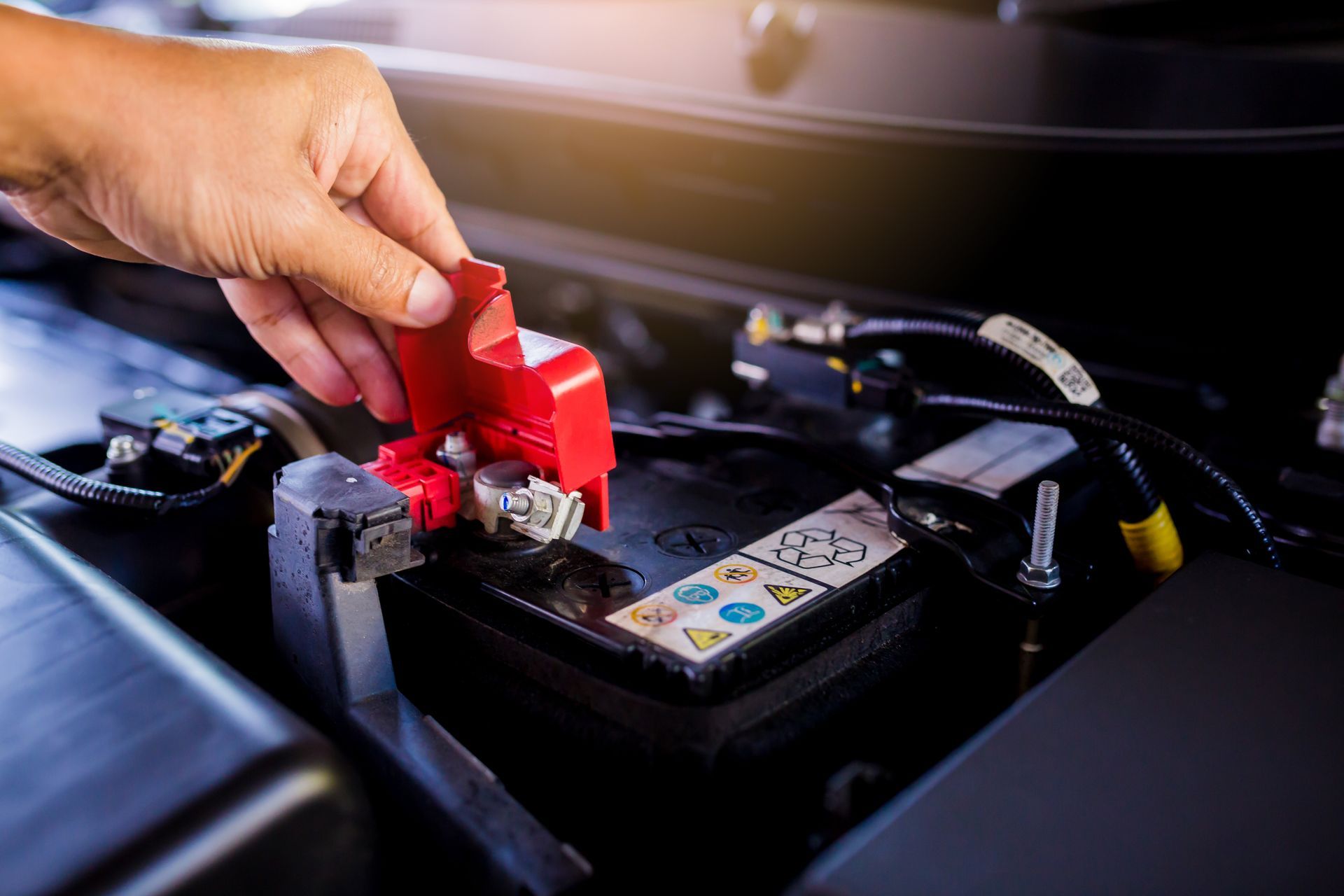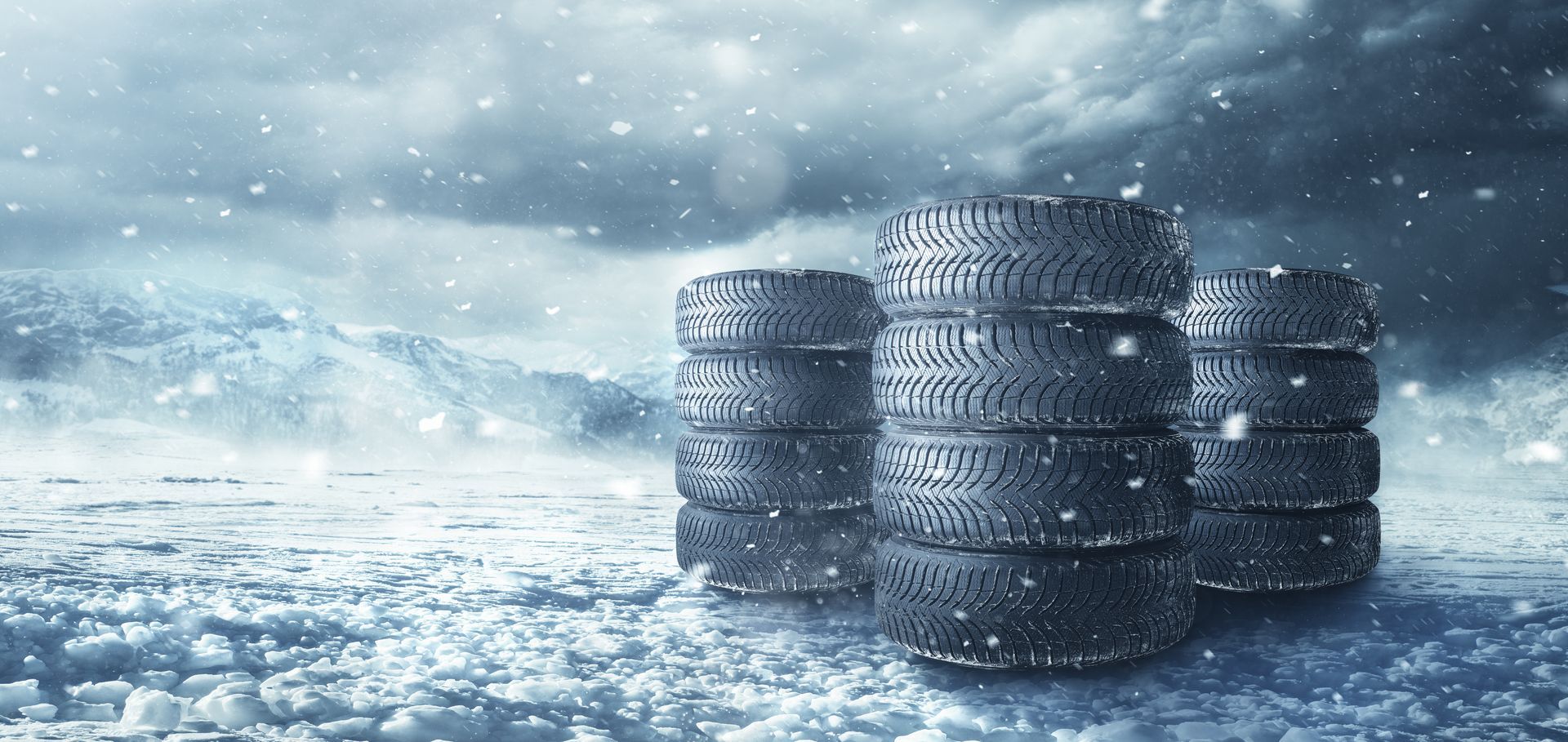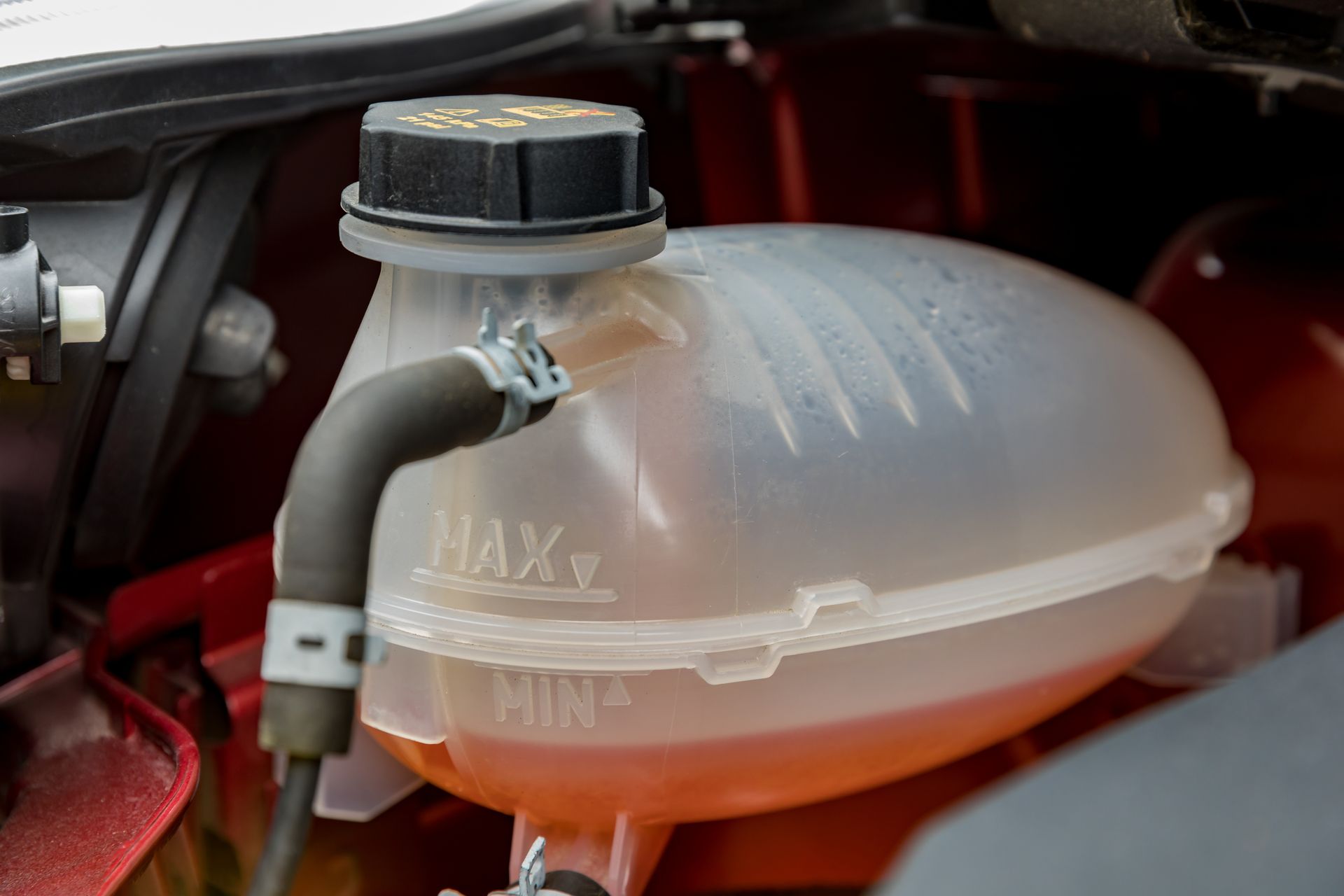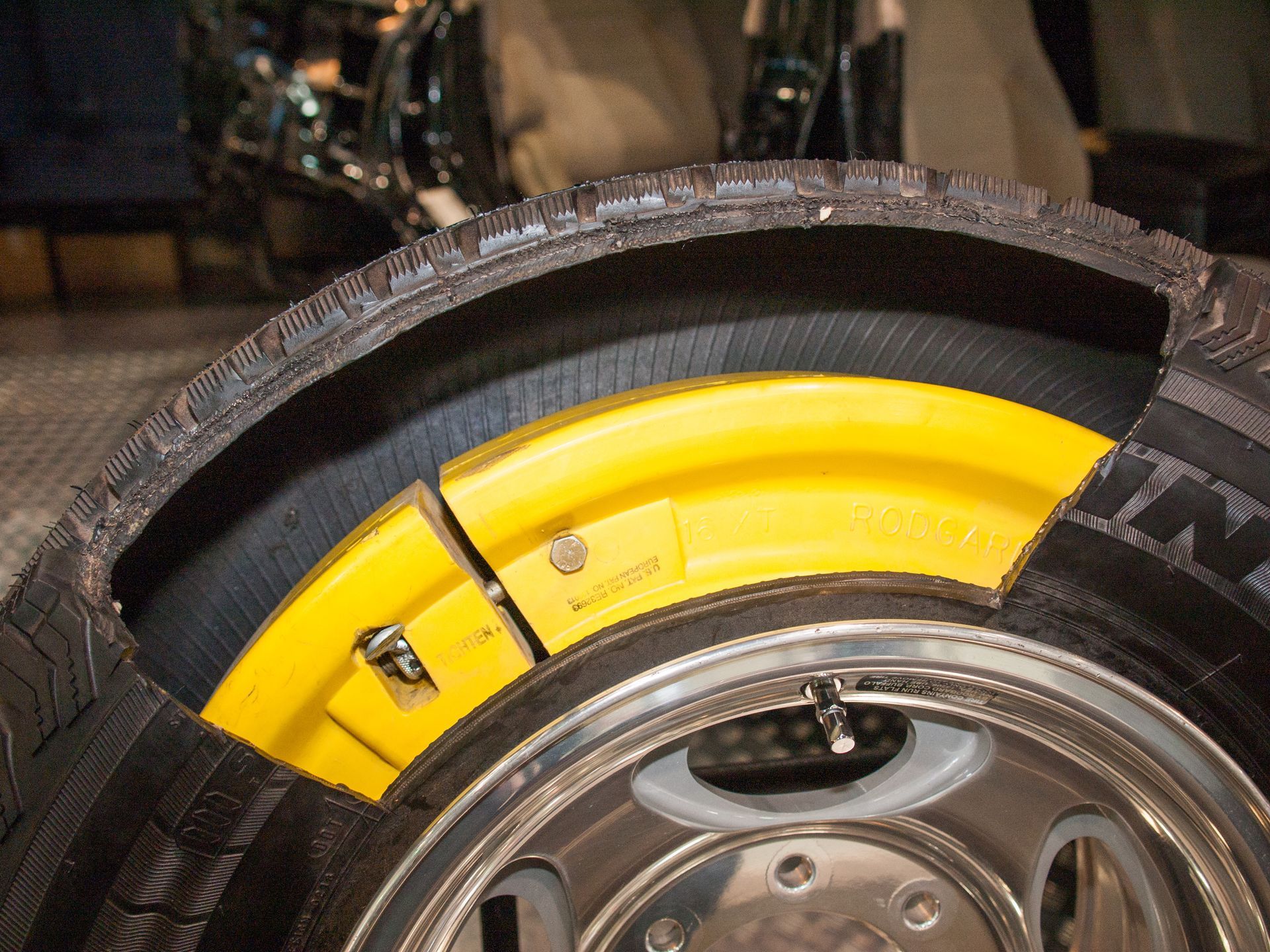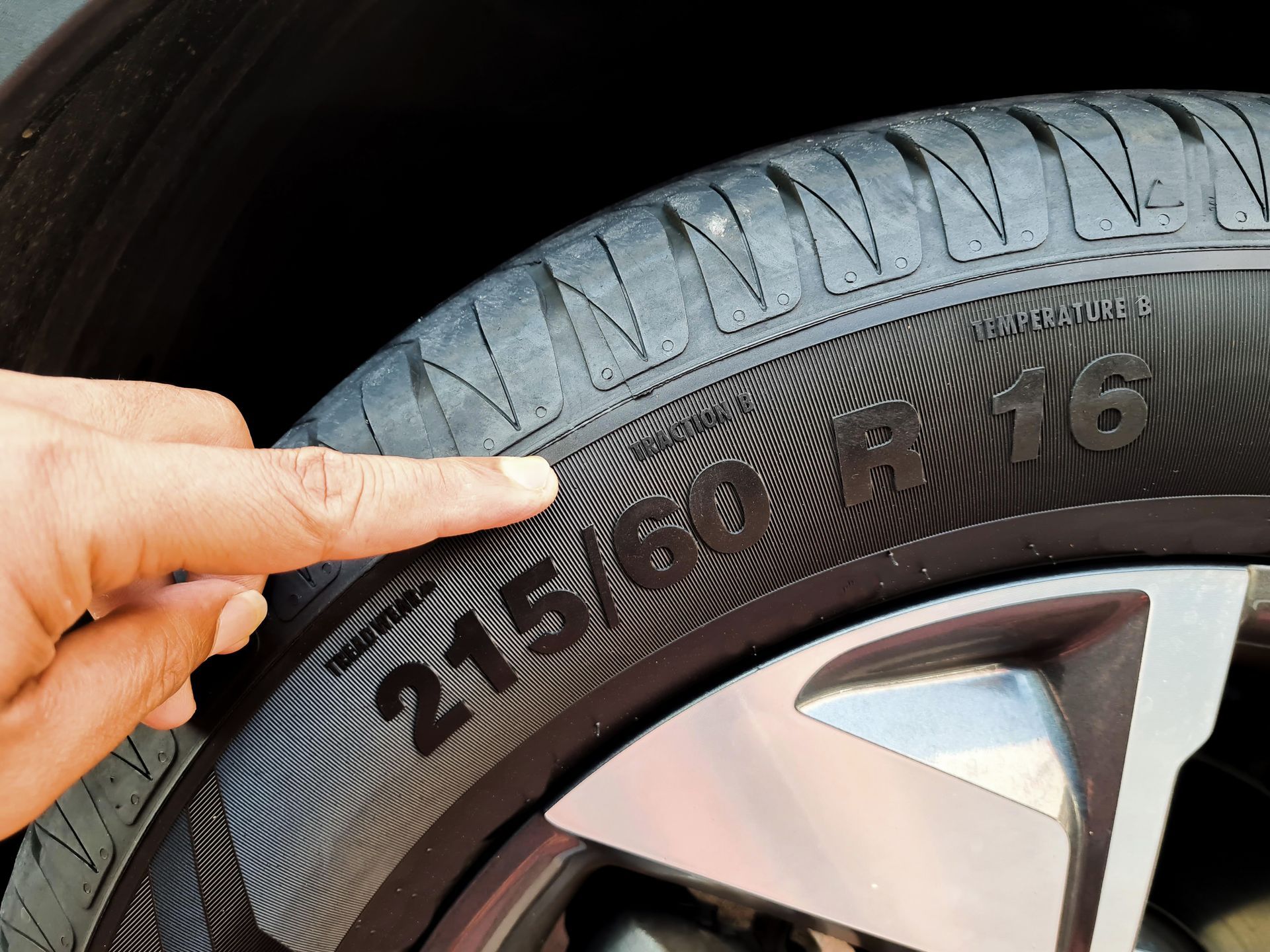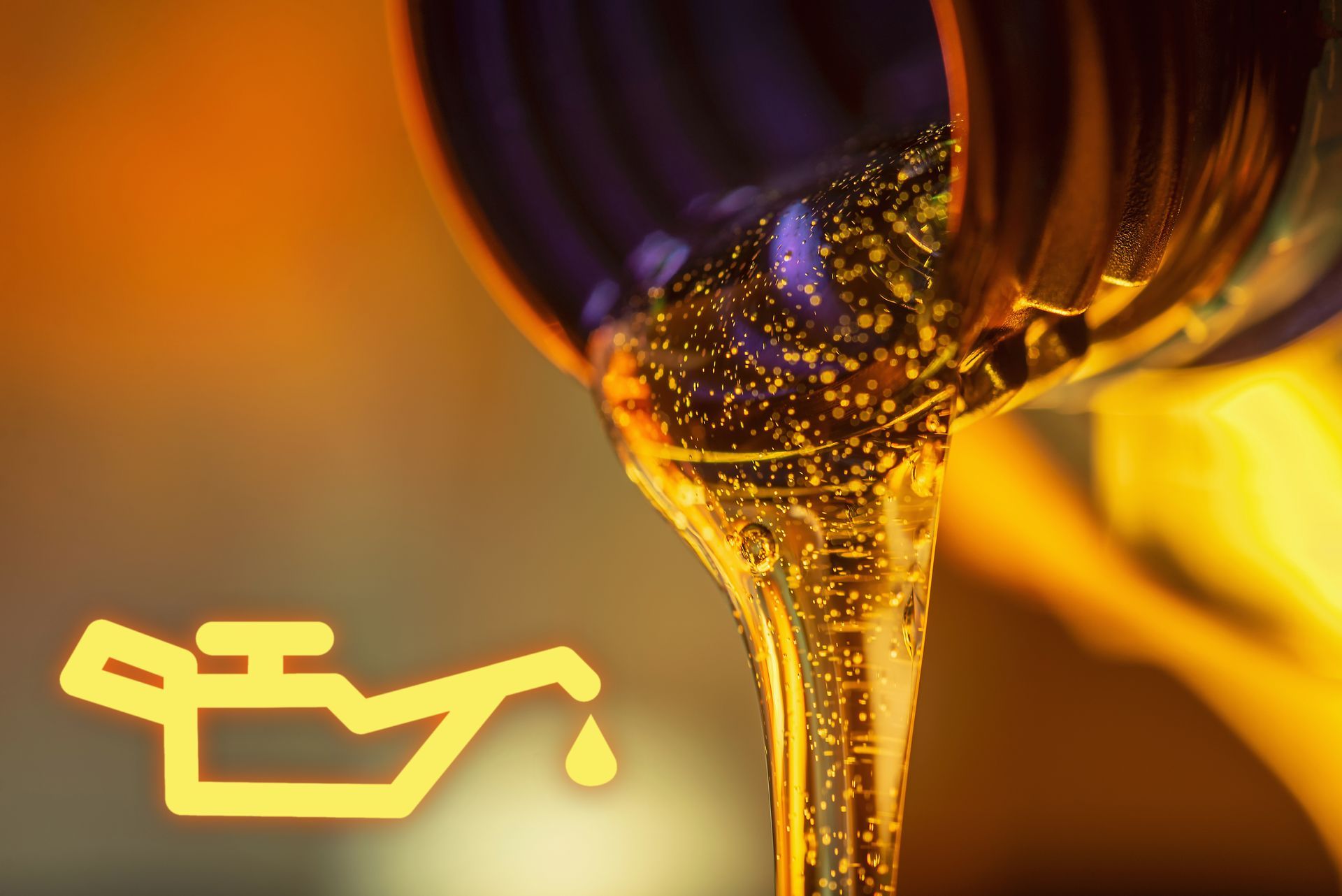Unusual sounds from your vehicle can be very annoying. However, they’re often early warnings of mechanical problems that, if ignored, can lead to bigger and more expensive repairs. While some noises may seem minor, paying attention to them can help you spot trouble before it gets worse.
Below are six common car noises drivers report and what they typically mean.
1. Squealing While Braking
One of the most recognizable sounds, squealing or high-pitched screeching when you apply the brakes, usually means the brake pads are worn down. Most pads come with a built-in wear indicator that creates this noise when it's time for replacement.
If left unattended, the pads can wear through completely, exposing the metal backing. This will damage the rotors and reduce braking performance. A brake inspection will confirm whether new pads or rotors are needed.
2. Grinding During Braking
Unlike a squeal, grinding is a deeper, more abrasive sound. It often means that your brake pads are completely worn out and metal is now contacting metal. This can cause rotor scoring and overheating, which impacts your ability to stop safely.
Grinding can also come from debris caught between the pad and rotor. Either way, grinding brakes should be checked right away to prevent further damage.
3. Clicking or Tapping From the Engine
A ticking or clicking sound from under the hood, especially when the engine is idling or just after startup, may indicate low engine oil. If the oil level is too low or the oil is old and thin, the lifters or valves may not be getting enough lubrication.
It could also mean one of those internal components is wearing out. Check the oil level and condition, and if the noise continues, schedule an inspection to rule out valve train damage.
4. Humming or Growling While Driving
A humming or growling noise that increases with speed and seems to come from the wheels or tires can point to a few issues. Uneven tire wear, misaligned wheels, or a failing wheel bearing are all possible causes.
If the sound changes as you turn the steering wheel, a wheel bearing is likely the issue. Ignoring it can lead to complete bearing failure and loss of control, so it’s best to have it checked as soon as possible.
5. Whining When Accelerating
A whining sound that gets louder as you accelerate may be coming from the transmission or power steering system. Low transmission fluid or a worn gear may be causing internal components to whine under load.
If the noise comes from the front of the engine and happens when turning, the power steering pump could be low on fluid or failing. Both systems are essential for smooth driving, so a professional inspection is recommended.
6. Loud Exhaust or Rattling Under the Car
If your car suddenly gets louder or you hear a metallic rattling beneath the vehicle, you might have an issue with the exhaust system. A broken muffler, loose heat shield, or cracked exhaust pipe can all lead to extra noise and reduced engine efficiency.
In some cases, a failing catalytic converter may produce a rattling noise when tapped. Exhaust system issues not only affect performance but may also allow harmful fumes into the cabin.
Don’t Ignore the Warning Signs
Strange car noises rarely go away on their own. Even if your vehicle seems to drive normally, these sounds often point to parts wearing out or beginning to fail. Catching problems early can prevent more costly repairs later and help avoid breakdowns or safety risks.
Let Diamond Head Motors Ltd in Squamish, BC, Diagnose the Sound
At Diamond Head Motors Ltd in Squamish, our technicians are experienced in tracking down and fixing the source of car noises, from brakes and bearings to belts and exhaust systems. If your vehicle is making a sound that doesn't feel right, bring it in for a diagnostic inspection.
We’ll identify the problem quickly and recommend the right repair to keep your car running safely and quietly. Schedule your visit today and let us help you stay ahead of any trouble.


